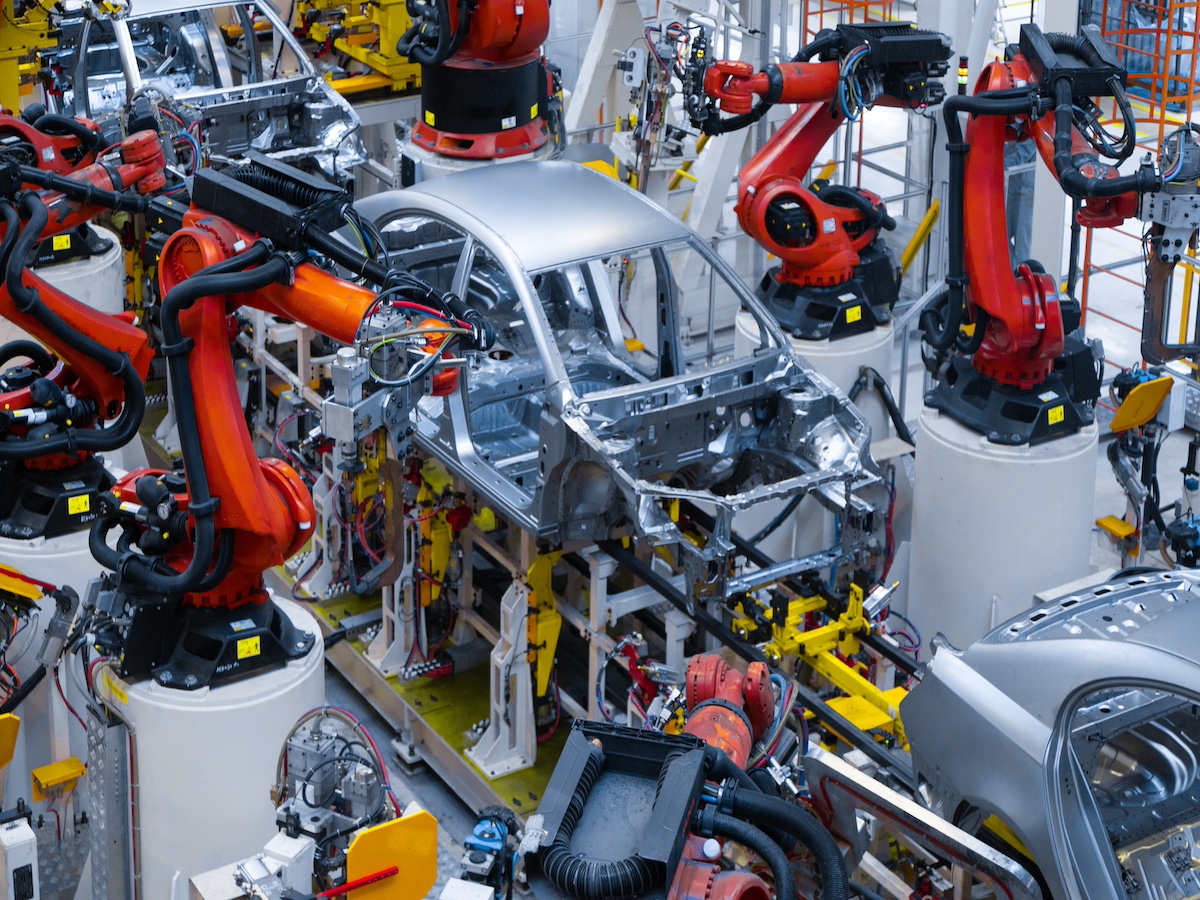The automotive industry is always evolving, with manufacturers constantly looking for ways to improve efficiency, cut costs, and meet increasing consumer demands. One key method that has proven essential in achieving these goals is custom fabrication. Custom fabrication refers to creating specialized components tailored to the specific needs of the automotive industry. These custom parts enhance vehicle performance, manufacturing processes, and overall quality, making them vital to the automotive sector.
In this guide, we’ll explore the importance of custom fabrication in automotive manufacturing, highlighting how it improves production processes, boosts efficiency, and leads to better-quality vehicles.
What is Custom Fabrication in Automotive Manufacturing?
Custom fabrication involves creating unique parts or components designed to fit specific engineering requirements within the manufacturing process. Unlike mass-produced components, custom parts are made to meet the exact needs of a particular vehicle manufacturing line. These parts can range from catwalks, to vertical drop lift systems for large trucks.
The process of custom fabrication typically includes designing the part, selecting appropriate materials, and using specialized tools and machinery to create the components. These parts are often built to improve performance, safety, or design and are an essential part of automotive innovation.
How Custom Fabrication Enhances the Automotive Manufacturing Process
1. Optimized Performance
One of the primary benefits of custom fabrication is the ability to optimize the vehicle manufacturing process. This could include optimized roll beds or VDL’s.
2. Precision and Accuracy
In the automotive industry, precision is essential. Custom fabrication allows engineers to design parts that meet exact specifications and tolerances, ensuring that each component fits perfectly. For example, custom-fabricated engine parts or suspension components are created to ensure smooth operation and minimal wear and tear.
Custom fabrication also minimizes errors and defects in production. With precise measurements, custom parts reduce the likelihood of issues during assembly, leading to higher-quality vehicles and fewer production delays.
3. Faster Prototyping and Product Development
The automotive industry is known for its rapid innovation, with manufacturers constantly working on new models, features, and technologies. Custom fabrication accelerates the prototyping process by enabling the quick creation of parts for testing and iteration. Instead of waiting for mass-produced components or making changes to existing parts, engineers can fabricate custom parts to match their designs more closely.
This ability to quickly produce custom parts allows for faster development cycles, which is critical for staying competitive in a market where consumer preferences and technology evolve rapidly.
4. Cost-Effectiveness Over Time
Custom fabrication can help minimize material waste. By designing parts that are tailored to the project’s exact needs, manufacturers avoid unnecessary materials and reduce waste, further lowering overall production costs.
Benefits of Custom Fabrication in the Automotive Manufacturing Process
1. Enhanced Durability
Custom-fabricated parts are often made from high-quality materials selected for their durability and strength. These parts are designed to withstand harsh conditions. The ability to choose the right materials for specific applications ensures that each part will stand the test of time.
2. Supply Chain Control
Supply chain disruptions can affect the availability of mass-produced parts, leading to delays or increased costs. Custom fabrication allows automotive manufacturers to have greater control over their production timelines.
3. Environmental Benefits
Custom fabrication can also be more environmentally friendly. The process allows for more sustainable manufacturing practices, such as reducing material waste and using recycled materials.
Related Reading – Benefits of Structural Steel Fabrication
FAQs About Custom Fabrication in the Automotive Industry
1. What is the difference between custom fabrication and mass production in the automotive industry?
Custom fabrication involves creating parts designed to meet specific requirements for a vehicle’s manufacturing process or application, often with precision and unique features. In contrast, mass production refers to manufacturing large quantities of standardized parts.
2. How does custom fabrication improve vehicle manufacturing performance?
Custom fabrication allows for the design of manufacturing parts that optimize specific vehicle manufacturing processes.
3. Can custom fabrication help reduce production costs?
While custom fabrication may increase upfront costs, it can be more cost-effective in the long term. By designing parts customized to each project manufacturers can reduce maintenance costs and minimize material waste, leading to overall savings.
Conclusion
Custom fabrication is a crucial aspect of the automotive manufacturing process. It helps enhance manufacturing performance, ensures precision, and speeds up product development, all while reducing costs and improving safety. With the ability to tailor parts to specific needs and applications, custom fabrication is essential for creating high-quality, innovative processes that meet consumer demands.
At Miller Fabricated Systems, we specialize in providing precision-engineered custom parts for the automotive industry. Our team works closely with manufacturers to deliver high-quality, durable components that improve and streamline the production process.
If you’re ready to take your automotive manufacturing to the next level with custom fabrication, contact us today. Let us help you achieve your goals with tailored solutions that drive success. Reach out now to discuss how we can support your next project!

